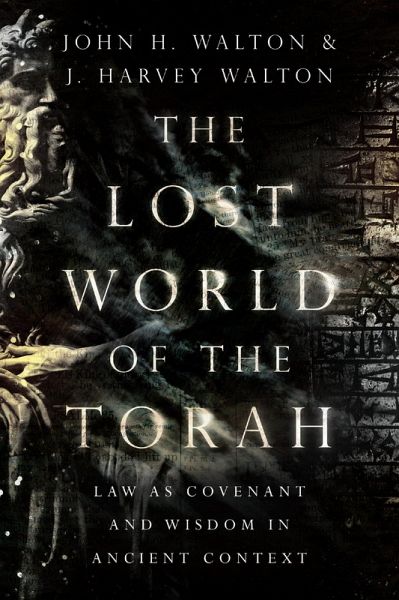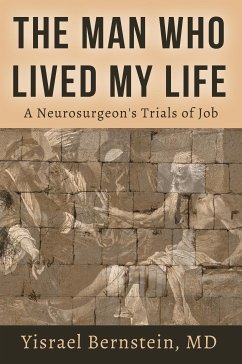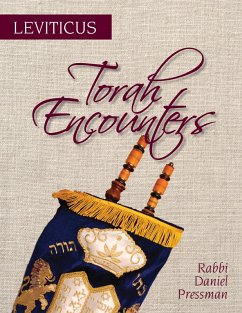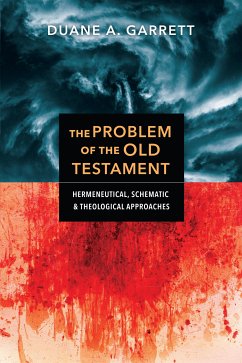
Lost World of the Torah (eBook, ePUB)

PAYBACK Punkte
9 °P sammeln!
Our handling of what we call biblical law veers between controversy and neglect. On the one hand, controversy arises when Old Testament laws seem either odd beyond comprehension (not eating lobster) or positively reprehensible (executing children). On the other, neglect results when we consider the law obsolete, no longer carrying any normative power (tassels on clothing, making sacrifices). Even readers who do attempt to make use of the Old Testament "law" often find it either irrelevant, hopelessly laden with "thou shalt nots," or simply so confusing that they throw up their hands in despair...
Our handling of what we call biblical law veers between controversy and neglect. On the one hand, controversy arises when Old Testament laws seem either odd beyond comprehension (not eating lobster) or positively reprehensible (executing children). On the other, neglect results when we consider the law obsolete, no longer carrying any normative power (tassels on clothing, making sacrifices). Even readers who do attempt to make use of the Old Testament "law" often find it either irrelevant, hopelessly laden with "thou shalt nots," or simply so confusing that they throw up their hands in despair. Despite these extremes, people continue to propose moral principles from these laws as "the biblical view" and to garner proof texts to resolve issues that arise in society. The result is that both Christians and skeptics regularly abuse the Torah, and its true message often lies unheard. Walton and Walton offer in The Lost World of the Torah a restorative vision of the ancient genre of instruction for wisdom that makes up a significant portion of the Old Testament. In the ancient Near East, order was achieved through the wisdom of those who governed society. The objective of torah was to teach the Israelites to be wise about the kind of order needed to receive the blessings of God's favor and presence within the context of the covenant. Here readers will find fresh insight on this fundamental genre of the Old Testament canon. The books in the Lost World Series follow the pattern set by Bible scholar John H. Walton, bringing a fresh, close reading of the Hebrew text and knowledge of ancient Near Eastern literature to an accessible discussion of the biblical topic at hand using a series of logic-based propositions.
Dieser Download kann aus rechtlichen Gründen nur mit Rechnungsadresse in A, B, BG, CY, CZ, D, DK, EW, E, FIN, F, GR, HR, H, IRL, I, LT, L, LR, M, NL, PL, P, R, S, SLO, SK ausgeliefert werden.













